The Hidden Benefits of Lava Rock
Lava Rock which is formed from the intense heat of volcanos has many hidden benefits for the aquarium that many hobbyists are not even aware of. This blog post on The Hidden Benefits of Lava Rock will give an insight into how this rock really does help.
What are the benefits?
It's is perfect for providing the ideal living environment for your aquarium because it has beneficial denitrifying bacteria. This bacteria will improve your water quality by reproducing and then removing nitrates.
How does it work?
You only have to inspect the rock and you can see it is covered in tiny holes making it extremely porous allowing water to pass through and diffuse into the rock. So what does The Hidden Benefits of Lava Rock really mean? An anaerobic environment is created inside the rock as beneficial nitrifying bacteria consume all the oxygen in the water. Within this anaerobic environment inside the rock, denitrifying bacteria consume the nitrate and produce oxygen and nitrogen. We all know how nitrate in the aquarium is bad news for fish and shrimp so Lava Rock really is the most natural and best way of removing nitrate.
What do I do with it?
Lava is an attractive rock in its own right so not only is it beneficial, it is also ornamental too. They look very natural and stack very well indeed. Some people comment that it is like as if the rock has glue on it as it stacks together so well. It is so versatile and you can really have some fun playing around with different pieces and creating various shapes and constructions. It is popular for creating a cave effect (see picture below) making it a perfect refuge for certain fish and shrimp. Shrimp love to forage on Lava Rock in search of bits of food that may have fallen into the holes. Shrimp also like to have a safe place to hide when they moult so creating them a cave with small pieces would be ideal for them. It really is true The Hidden Benefits of Lava Rock!
To grab yourself some Lava Rock please click here.



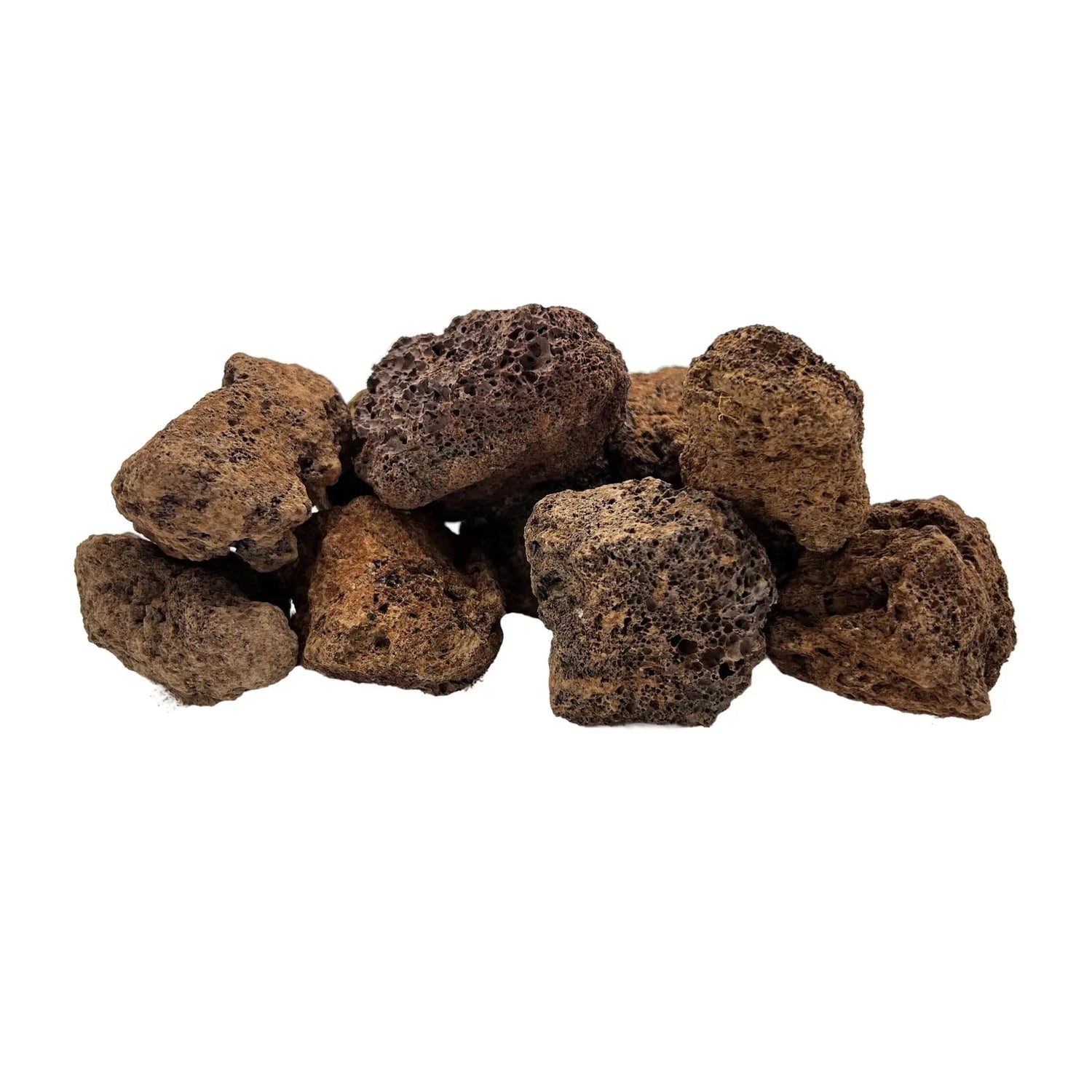
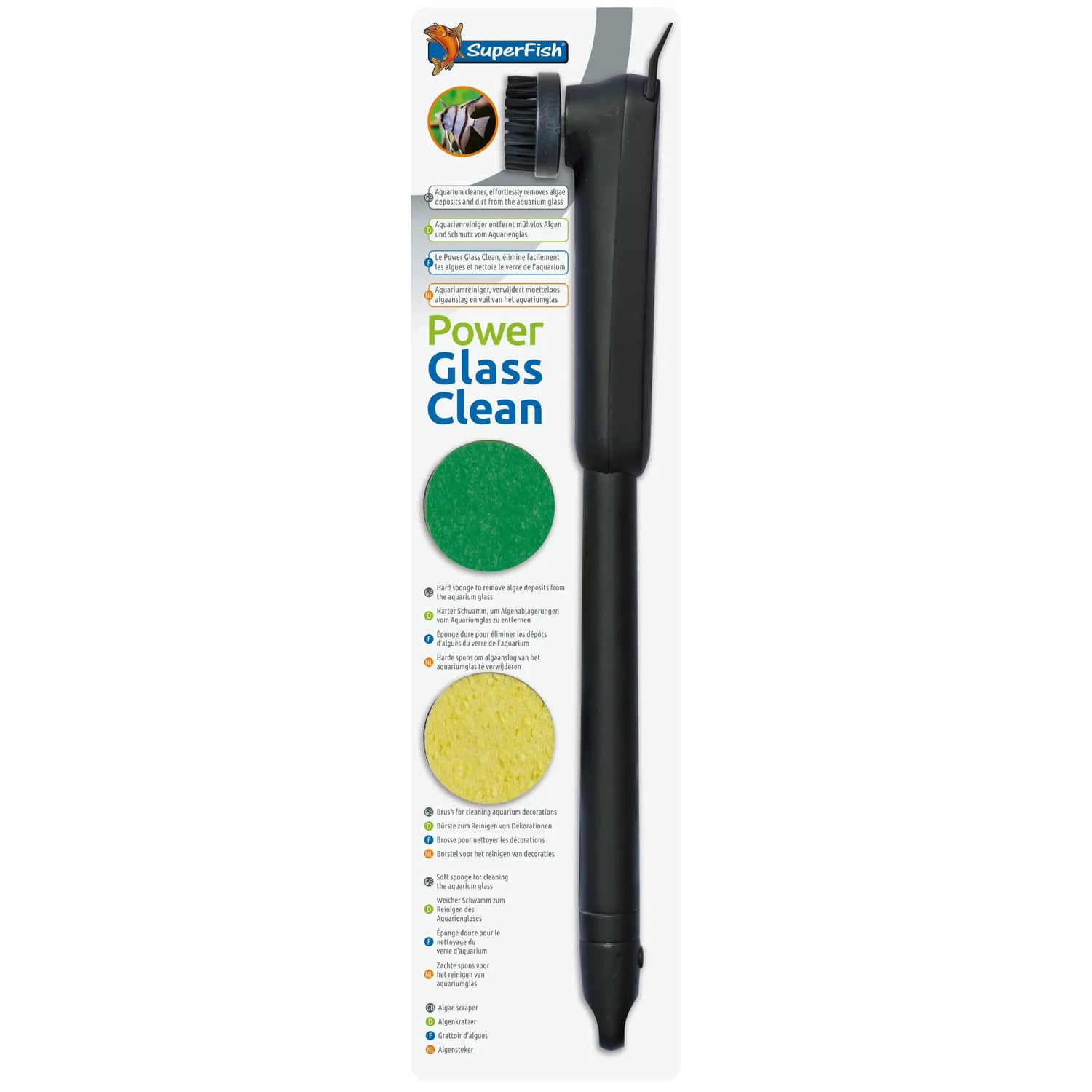
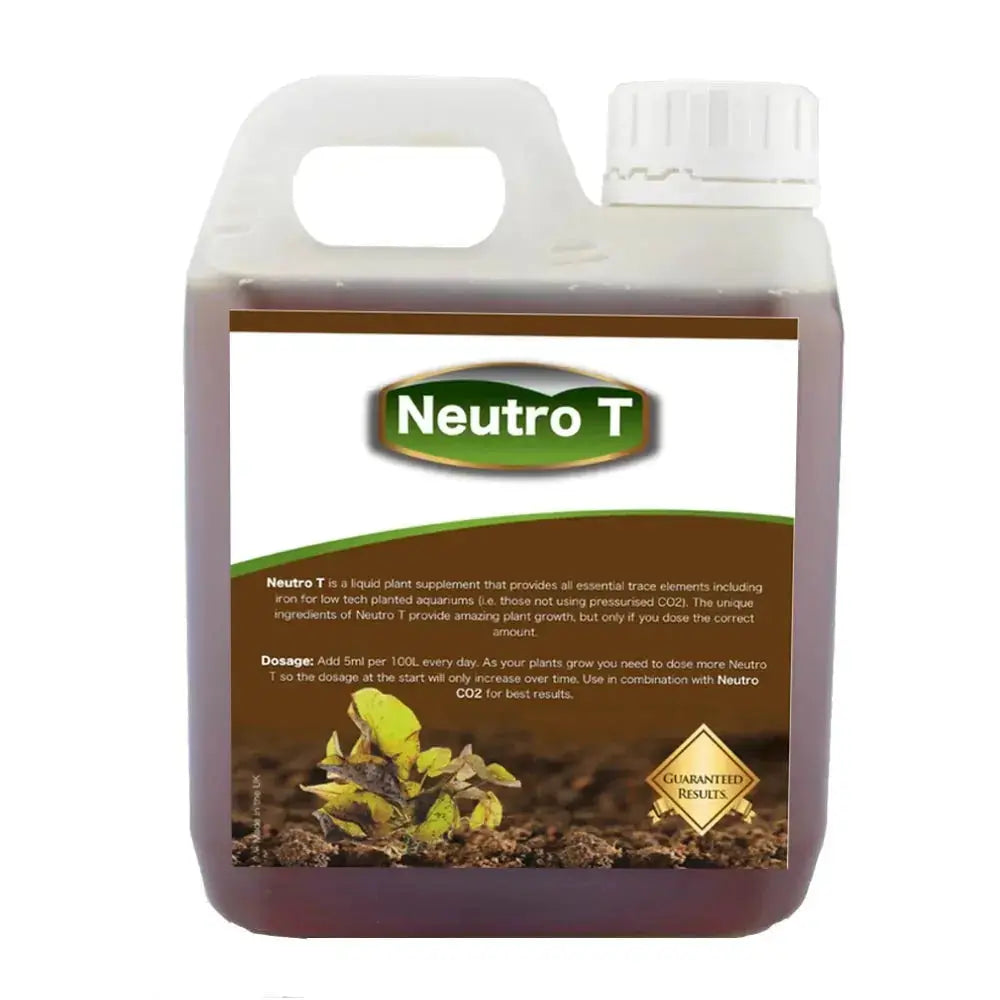
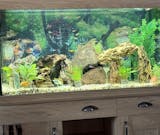

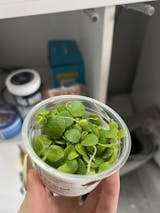
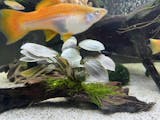
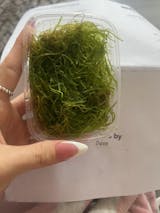
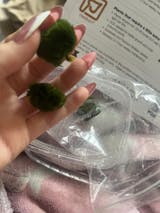
26 comments
I use horticultural lava rock in my biological filters. I also use large aquarium grade lava rock pieces as growth medium for live plants that prefer to grow on surfaces rather than in substrate - Bolbitis, Java Fern, Anubias are my primaries.
One this to beware of when purchasing lava rock is to make sure it is either aquarium grade or horticultural grade because they are completely innert. Stay away from lava rock for BBQ & fire pit applications because they have a chemical coating on them which can poison your aquarium inhabitants.
Also note that crushed lava rock isn’t good for many aquarium fish as a substrate…. Corydoras catfish end up with life-threatening mouth damage, foraging fish like Goldfish can end up with not just mouth damage but actually chocking as the rough rocks get stuck in their mouths, inquisitive fish with fancy or fragile fins like Bettas can end up with tears in their fins which open them up to life-threatening infections. Snails can be hurt by the rough surface as well — I notice my cleaning crew of snails generally avoid the roughest of the lava rocks. So keep your aquarium residents foremost in mind, not aesthetics when considering the use of lava rocks.
I saw Bette when she had fins!
How well do lava rocks help with aquatic plants? Do they help provide extra nutrients for them?
Thinking about using lava rock as a substrate. Found some crushed around 3/8 size, going into a primarily shrimp and snail tank. I’ve read mixed opinions and can’t get a straight answer: is a lava rock substrate ok or too rough for snails? The tank will also have driftwood. I see them on larger pieces of lava rock already in the tank, but wondering if it was more prevalent if that would be rough on them. Thanks for your help!
I guess you could…